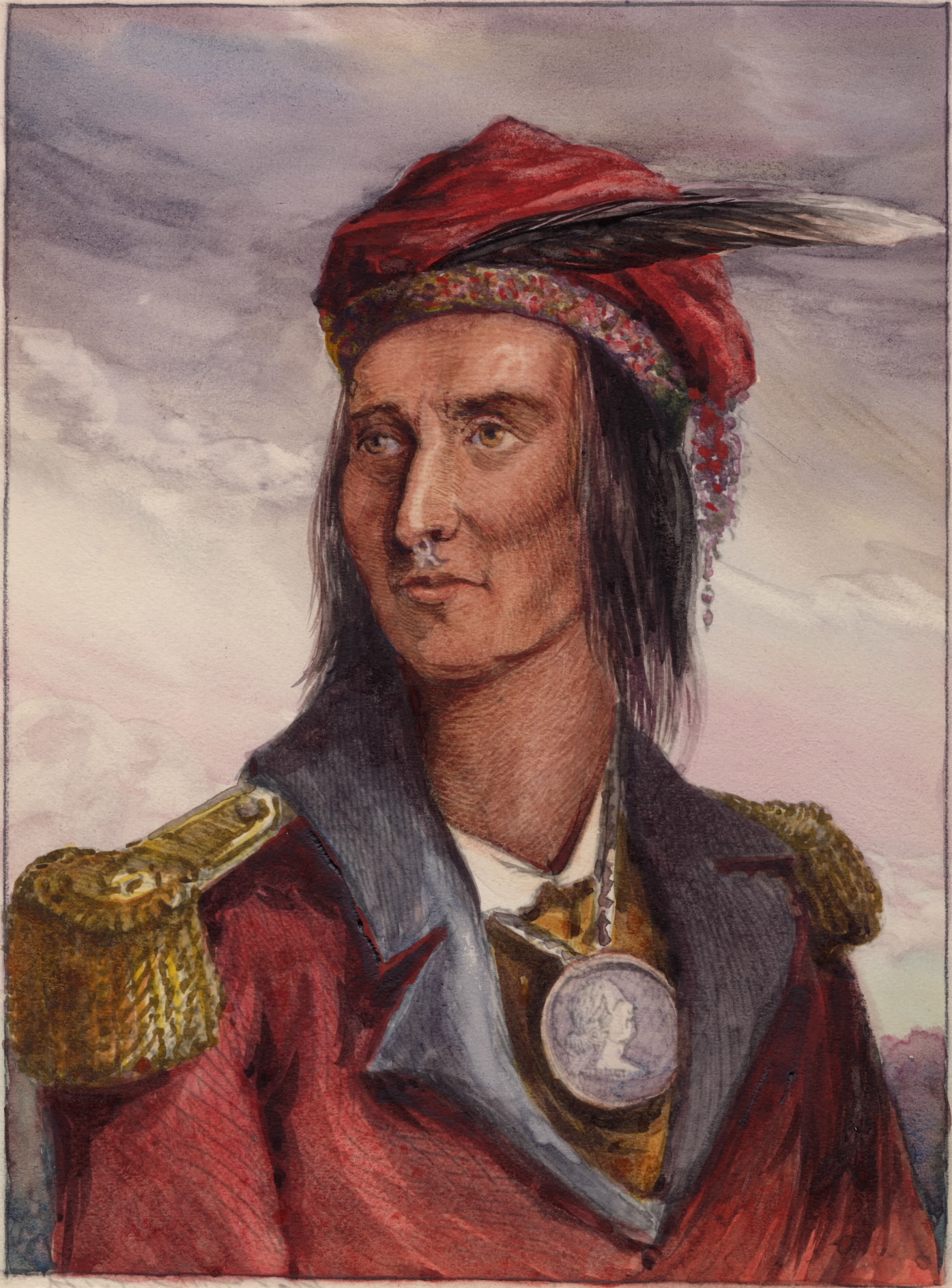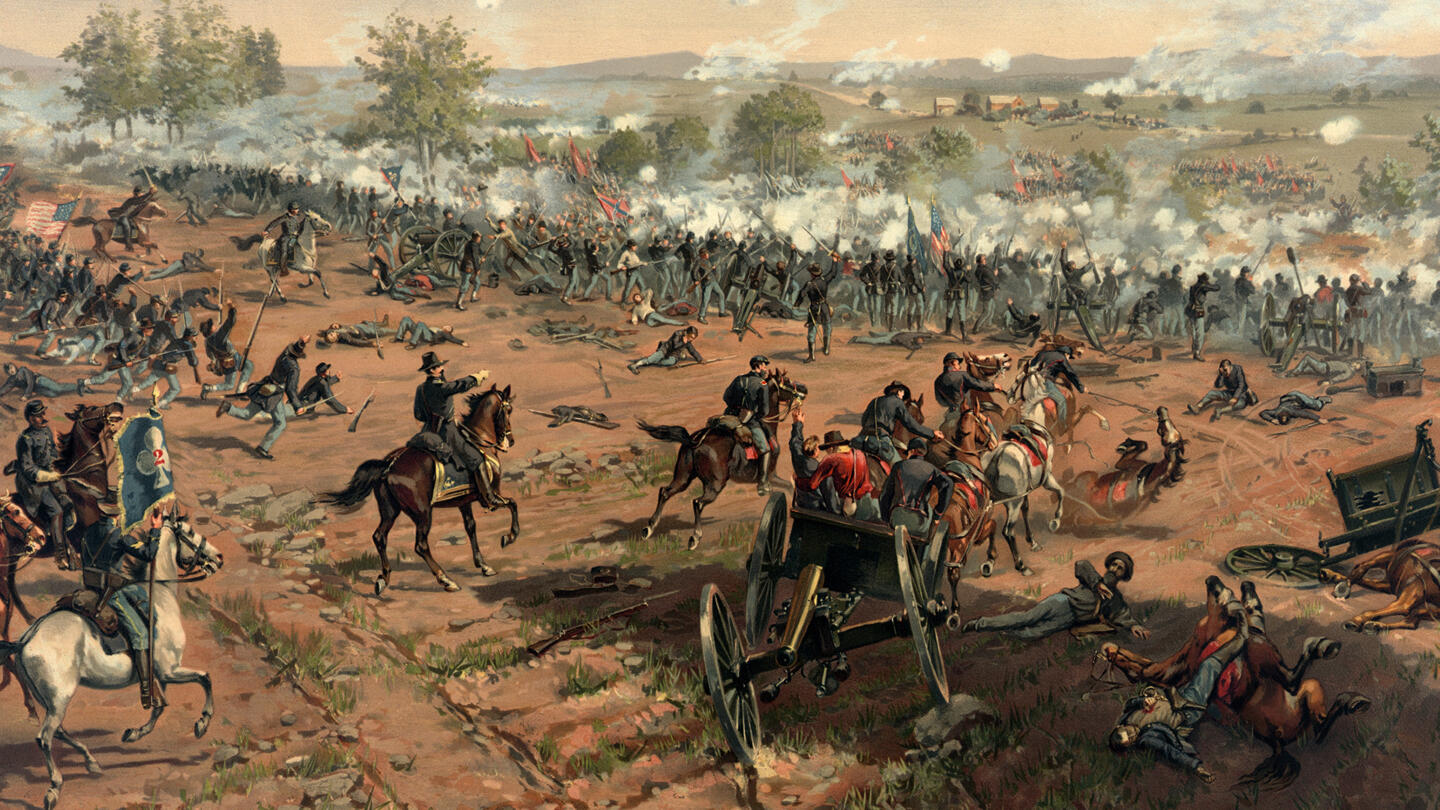
President Johnson signs Civil Rights Act
On July 2, 1964, U.S. President Lyndon B. Johnson signs into law the historic Civil Rights Act in a nationally televised ceremony at the White House.
In the landmark 1954 case Brown v. Board of Education, the U.S. Supreme Court ruled that racial segregation in schools was unconstitutional. The 10 years that followed saw great strides for the African American civil rights movement, as non-violent demonstrations won thousands of supporters to the cause.
Memorable landmarks in the struggle included the Montgomery bus boycott in 1955—sparked by the refusal of Alabama resident Rosa Parks to give up her seat on a city bus to a white woman—and the “I Have a Dream” speech by Martin Luther King, Jr. at a rally of hundreds of thousands in Washington, D.C., in 1963.
As the strength of the civil rights movement grew, John F. Kennedy made passage of a new civil rights bill one of the platforms of his successful 1960 presidential campaign. As Kennedy’s vice president, Johnson served as chairman of the President’s Committee on Equal Employment Opportunities. After Kennedy was assassinated in November 1963, Johnson vowed to carry out his proposals for civil rights reform.
The Civil Rights Act fought tough opposition in the House and a lengthy, heated debate in the Senate before being approved in July 1964. For the signing of the historic legislation, Johnson invited hundreds of guests to a televised ceremony in the White House’s East Room.
After using more than 75 pens to sign the bill, he gave them away as mementoes of the historic occasion, in accordance with tradition. One of the first pens went to King, leader of the Southern Christian Leadership Conference (SCLC), who called it one of his most cherished possessions. Johnson gave two more to Senators Hubert Humphrey and Everett McKinley Dirksen, the Democratic and Republican managers of the bill in the Senate.
The most sweeping civil rights legislation passed by Congress since the post-Civil War Reconstruction era, the Civil Rights Act prohibited racial discrimination in employment and education and outlawed racial segregation in public places such as schools, buses, parks and swimming pools.
In addition, the bill laid important groundwork for a number of other pieces of legislation—including the Voting Rights Act of 1965, which set strict rules for protecting the right of African Americans to vote—that have since been used to enforce equal rights for women as well as all minorities and LGBTQ people.

ART, LITERATURE, AND FILM HISTORY
1977
“Gonna Fly Now (Theme From ‘Rocky’)” is the #1 song on the U.S. pop charts
On July 2, 1977, Hollywood composer Bill Conti scores a #1 pop hit with the single “Gonna Fly Now (Theme From Rocky).” Bill Conti was a relative unknown in Hollywood when he began work on Rocky, but so was Sylvester Stallone. Conti had gained some attention internationally.
/arc-anglerfish-arc2-prod-mco.s3.amazonaws.com/public/I5FTR3EQDRFW7PXXCUGHV5GBDQ.jpg)
SLAVERY
1839
Mutiny on the Amistad
Early in the morning, enslaved Africans on the Cuban schooner Amistad rise up against their captors, killing two crewmembers and seizing control of the ship, which had been transporting them to a life of slavery on a sugar plantation at Puerto Principe, Cuba. In 1807, the U.S.

EXPLORATION
1937
Amelia Earhart disappears
On July 2, 1937, the Lockheed aircraft carrying American aviator Amelia Earhart and navigator Frederick Noonan is reported missing near Howland Island in the Pacific. The pair were attempting to fly around the world when they lost their bearings during the most challenging.

WORLD WAR I
1917
Greece declares war on Central Powers
On July 2, 1917, several weeks after King Constantine I abdicates his throne in Athens under pressure from the Allies, Greece declares war on the Central Powers, ending three years of neutrality by entering World War I alongside Britain, France, Russia and Italy.

NATIVE AMERICANS
1809
Chief Tecumseh urges Native Americans to unite against white settlers
Alarmed by the growing encroachment of whites settlers squatting on Native American lands, the Shawnee Chief Tecumseh calls on all Native peoples to unite and resist. Born around 1768 near Springfield, Ohio, Tecumseh won early notice as a brave warrior.

ART, LITERATURE, AND FILM HISTORY
1992
Stephen Hawking breaks British bestseller records
Theoretical physicist Stephen Hawking breaks British publishing records on July 2, 1992 when his book A Brief History of Time remains on the nonfiction bestseller list for three and a half years, selling more than 3 million copies in 22 languages.

ART, LITERATURE, AND FILM HISTORY
1997
“Men in Black” premieres in theaters
On July 2, 1997, the science fiction-comedy movie Men in Black, starring Will Smith and Tommy Lee Jones, opens in theaters around the United States. The film grossed more than $250 million in America alone and helped establish the former sitcom star Will Smith.

CRIME
1881
President James A. Garfield shot
Only four months into his administration, President James A. Garfield is shot as he walks through a railroad waiting room in Washington, D.C. His assailant, Charles J. Guiteau.

COLD WAR
1947
Soviet Union rejects Marshall Plan assistance
Soviet Foreign Minister V. M. Molotov walks out of a meeting with representatives of the British and French governments, signaling the Soviet Union’s rejection of the Marshall Plan. Molotov’s action indicated that Cold War frictions between the United States and Russia.

CIVIL WAR
1863
Fighting continues at the Battle of Gettysburg
On July 2, 1863, during the second day of the Battle of Gettysburg, Pennsylvania, Confederate General Robert E. Lee’s Army of Northern Virginia attacks General George G. Meade’s Army of the Potomac at both Culp’s Hill and Little Round Top.

AMERICAN REVOLUTION
1776
Continental Congress votes for independence from Britain
The Second Continental Congress, assembled in Philadelphia, formally adopts Richard Henry Lee’s resolution for independence from Great Britain. The vote is unanimous, with only New York abstaining. The resolution had originally been presented to Congress on June 7.

WORLD WAR II
1944
American bombers deluge Budapest, in more ways than one
On July 2, 1944, as part of the British and American strategy to lay mines in the Danube River by dropping them from the air, American aircraft also drop bombs and leaflets on German-occupied Budapest. READ MORE: The Allies Hoped Operation Market Garden Would End WWII.
TODAY IN NIGERIA HISTORY

1967 In two bomb explosions in Lagos, four persons were killed and fourteen injured

2007 Then Vice President Goodluck Jonathan, in Port Harcourt, inaugurated the Niger Delta Peace and Conflict Resolution Committee
2010 Football governing body FIFA Friday gave Nigeria just under two days to reverse its decision to ban the national football team from international matches following its poor showing at the World Cup.
Comments
Post a Comment